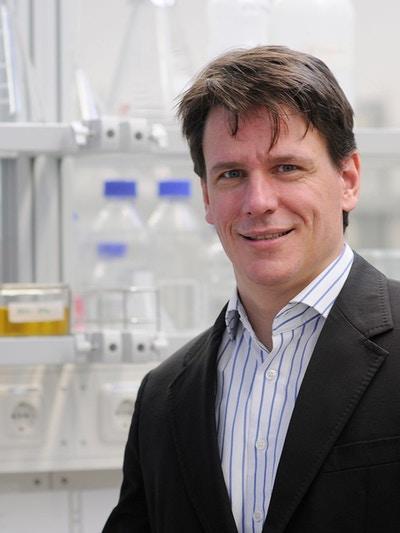Research on regeneration frequently uses young model systems. However, challenges to regenerate e.g. after an injury are found in compromised patient settings, usually different from many of the model systems used. To steer regeneration even in such compromised patient settings, it is essential to understand how systemic challenges like increased age, metabolic challenges or chronic inflammation alter endogenous regenerative cascades.
One such compromised setting is increased age. With increased age, the mechanical competence of bones, the number of available stem cells as well as the overall bone turnover is reduced. It is assumed that the regenerative capacity is also reduced, however little is known on its details. The Aim of our work is to analyze the alterations in bone regeneration and adaptation with increasing age and how these are driven by the linkage of the immune and the bone systems.
In this talk, Dr. Duda will discuss how his team’s findings explain why not only bone structure but – specifically in regenerative situations – the immune system’s inflammatory capacity and experience is a key aspect to be addressed if regeneration is to be reached. So far, the interaction of an experienced immune system with the cascades of regeneration have been widely neglected in clinical practice. Including a better understanding on the interaction of the immune and skeletal system and eventually re-balancing a mismatch of the two opens new avenues in treatment of patients with compromised healing situations.

